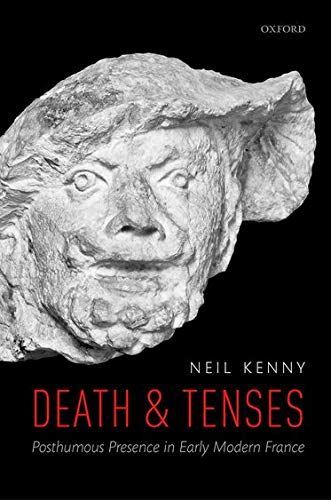
Death and Tenses Posthumous Presence in Early Modern France
This book is probably the first to explore a question that can crop up in everyday situations and that has a long history: in what tense should we refer to the dead? That question relates both to the recently deceased and also to those who died long ago, for example in antiquity. The book explores it through many kinds of texts, mainly in French but also in Latin, produced in sixteenth- and early seventeenth-century France, including by celebrated authors(Rabelais, Montaigne). Did tenses refer to the dead in ways that contributed to granting them differing degrees of presence (and absence)? Did tenses communicate something about posthumous presence (andabsence) that could not easily be communicated by other means? This is primarily a work of literary and cultural history, but it also draws on linguistics. It compares its early modern examples with modern French and English, asking whether changes in more recent beliefs in posthumous survival have led to different tense usage.